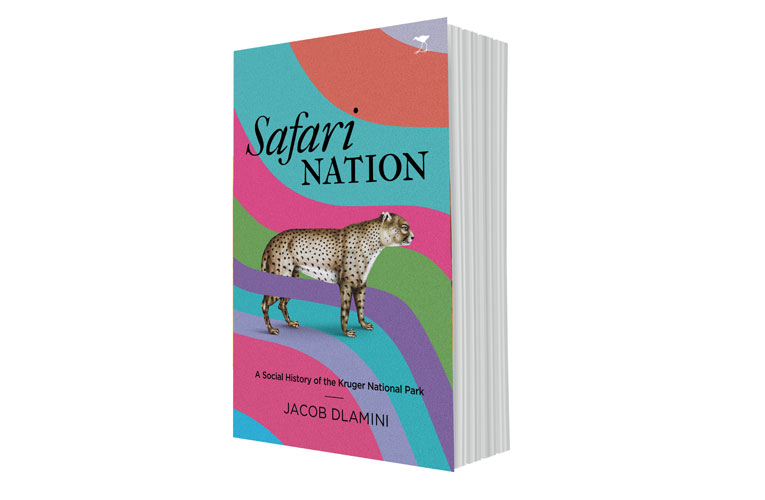Why South African born author and academic Jacob Dlamini keeps on winning literary awards
The latest recognition is the Martin A. Klein Prize in African History, awarded by the American Historical Society.
By Edward Tsumele, CITYLIFE/ARTS Editor
There is no doubt that South African born journalist turned academic Jacob Dlamini is currently one of the most prolific writers, with his literary academic output positioning as one of the most important voices of his generation.
Mostly writing with academic vigour, researching his subjects extensively before putting pen to paper his literary output no doubt is receiving not only local attention, but is increasingly internationally lauded.
Whether it is a critically acclaimed Askari, a book that is well researched and traces the history of apartheid collaborators in the liberation struggle, or his most recent book on the social history of Kruger National park, Dlamini is increasingly becoming an important figure in academic circles as a historian with admirable academic output.
Dlamini besides researching his subjects well, he also has the ability to turn the material into a readable text accessible to broader society beyond academic circles, a rare gift in the academy, where sometimes academic struggle to translate their important academic papers into accessible books that non academic people can enjoy. This is certainly the case in many of his books, notably Askari and Safari Nation: The Social History of Kruger National Park. Both books emanate from his academic work that he turned into these critically acclaimed works of literature that have broad societal appeal.

He has just received yet another accolade for Safari Nation: The Social History of Kruger National Park. And this,time the American Historical Society’s Martin A. Klein Award.
“Another award for Jacob Dlamini’s Safari Nation! Following on from the University of Johannesburg Prize for South African Writing in English, this award is the Martin A. Klein Prize in African History, awarded by the American Historical Society. The award recognises the most distinguished work of scholarship on African history published in English during the previous calendar year,” says his local publisher Jacana Media.
“Now I want to suggest that in the colonial situation presence was the critical question, the crucial word. Its denial was the keynote of colonialist ideology. Question: Were there people there? Answer: Well … not really, you know … people of sorts perhaps, but not as you and I understand the word.”
– Chinua Achebe, 1992
Safari Nation opens new lines of inquiry into the study of national parks in Africa. The Kruger National Park is South Africa’s most iconic nature reserve. Dlamini delves into another side to the park: a social history neglected by scholars and popular writers alike in which black people occupy centre stage.
Relying on oral histories, photographs and archival research, Safari Nation engages both with African historiography and with ongoing debates about the land question, democracy and citizenship in South Africa.
.Jacob Dlamini is Assistant Professor of History at Princeton, US.










